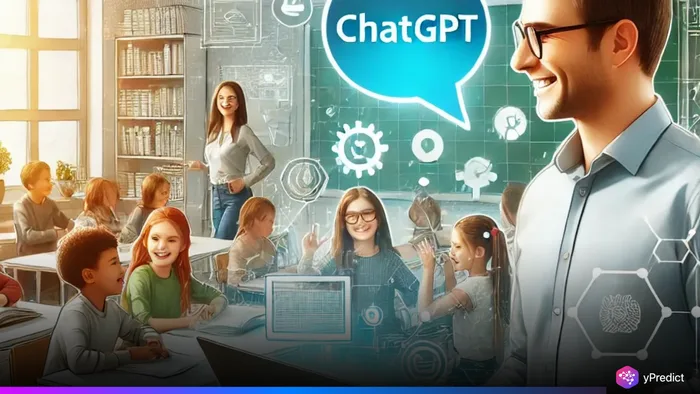
Artificial intelligence is transforming education. But a new study suggests a new area of concern with how tools like ChatGPT are changing the way students think. Instead of facilitating learning, AI may disengage students, thinking less critically, and becoming more dependent on machine-generated responses.
Educators have long feared that overreliance on technology could replace deeper learning. Now, evidence is emerging to support those concerns. A small but revealing study from MIT suggests that students using ChatGPT for writing show reduced brain activity and critical thinking. The findings echo what many teachers are already observing in classrooms.
Students Show Less Brain Activity When Using ChatGPT
In the study, researchers divided 54 adult students into three groups. One used ChatGPT to write essays, another used a search engine, and the last relied only on their knowledge.
The team measured student brain activity using EEG sensors. Students who used ChatGPT showed significantly lower neural engagement. Their brain regions communicated with each other less often than in the other two groups.
This decline in student brain activity raised red flags. Most ChatGPT users also failed to remember or quote from their essays shortly after writing them. In contrast, over 90% of students in the brain-only group could recall key points they wrote.
Educators Say AI Essays Lack Insight and Originality
Teachers involved in the study noticed clear patterns in essays written by ChatGPT. While they were grammatically correct and well-structured, they lacked depth and originality.
“They were soulless,” one teacher remarked. The essays had no personal tone, critical reasoning, or creativity. This reflects a growing concern about ChatGPT and critical thinking being disconnected. Writing without thought may look clean, but it adds little value to real learning.
Is AI Replacing the Learning Process?
Leitzinger compared this moment to when calculators were first introduced in education. While tools can support learning, they should not replace understanding.
With AI, students can now generate full essays without knowing anything about the topic. This bypasses essential steps in learning, researching, reflecting, and forming arguments. The danger lies in skipping the hard parts that build knowledge.
AI’s Growing Impact Beyond the Classroom
The problem isn’t limited to college campuses. Academic journals are overwhelmed by AI-generated papers. Book publishers are experimenting with the mass production of AI-written content.
One startup even plans to release 8,000 AI-written books per year. This trend could flood the world with content that lacks originality and depth. It also raises the question: if writing is thinking, what happens when we stop writing?
Students and Educators Seek Balance
Not all students misuse ChatGPT. One British university student told AFP he uses it for brainstorming and summarizing notes. But he added, “Using it to write your assignments defeats the purpose of education.”
Educators now face a challenge. They must teach students when and how to use AI tools effectively. It’s no longer about banning or accepting ChatGPT, it’s about guiding students to think critically in an AI-powered world.






